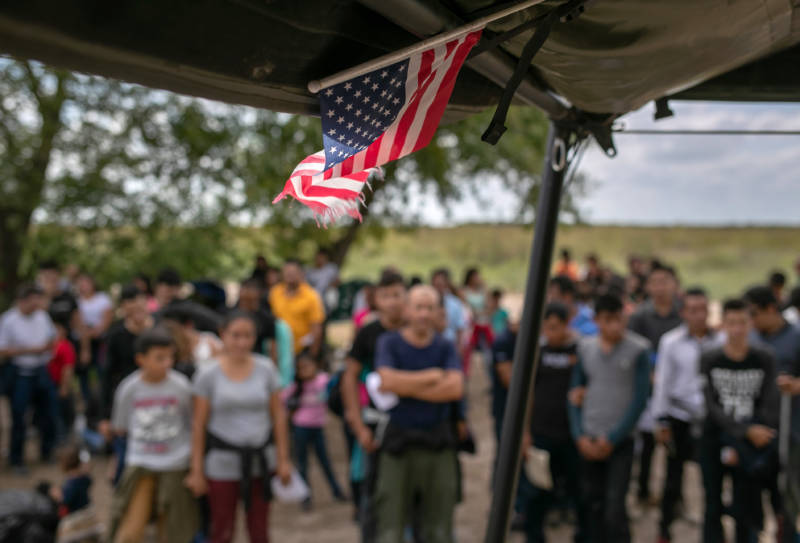A federal appeals court's ruling Friday will allow the Trump administration to begin rejecting asylum along the U.S.-Mexico border in New Mexico and Texas for migrants who arrive after passing through a third country.
Under Friday's ruling from the 9th U.S. Circuit Court of Appeals in San Francisco, U.S. District Judge Jon Tigar's July 24 order stopping the third-country policy would only apply in California and Arizona, which are covered by the 9th Circuit.
The two busiest areas for unauthorized border crossings are in South Texas' Rio Grande Valley and the region around El Paso, Texas, which includes New Mexico. Nearly 50,000 people in July crossed the U.S. border without permission in those two regions, according to the U.S. Border Patrol.
The Trump administration policy would deny asylum to anyone who passes through another country on the way to the U.S. without seeking protection there. Most crossing the southern border are Central Americans fleeing violence and poverty, who would largely be ineligible. The policy would also apply to people from Africa, Asia and South America who come to the southern border to request asylum.
If the policy is implemented, ineligible migrants who cross in New Mexico and Texas could be detained and more quickly deported. The U.S. Department of Homeland Security did not immediately respond to a request for comment Friday.
